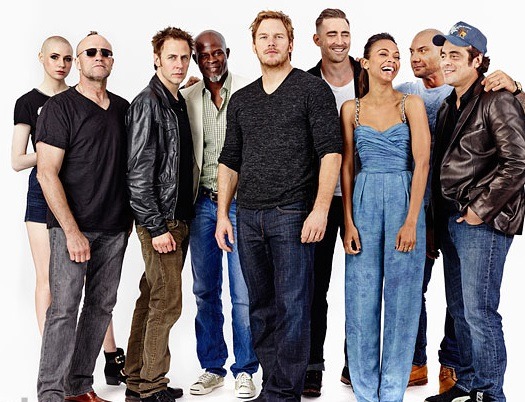If in 2007, manga was like a foreign movie star who had arrived on American shores to make it big, the last four years have been like watching that star run out of roles, run out of money, sell their house, go into rehab, and end up barely limping along in infomercials.
Dropping Sales
Manga sales in America have dropped 43% since 2007, an even bigger drop than domestically produced comics and graphic novels, suggesting that more than the bad economy is to blame. A few doomsayers like
Toren Smith had claimed for years that the market was headed for a bust since publishers were glutting the market with too much junk.
Maybe the reduction in the amount of anime shown on American TV from the heights of 2003-2005 was another factor; licensed shows like Sailor Moon, DBZ and Pokémon planted the seeds of fandom in millions of minds, but as American TV producers saw all the money they were making, they decided it was more profitable in the long run to create their own anime-esque TV series like
Voltron Force and
Speed Racer: The Next Generation, so they get all the rights and don't have to censor panty shots.
Certainly
the collapse of Borders didn't help, since Borders made up between 1/3rd and 1/5th of manga market dollar sales; Borders graphic novel buyer and manga fan Kurt Hassler, who later left the bookstore business to co-found Yen Press, was the trend-setter who turned chain bookstores into the #1 manga destination (as opposed to traditional comic shops, many of which never sold manga anyway). The past four years have seen company after company go out of business: Central Park Media, Go! Comi, DC's manga imprint CMX, Tokyopop, and recently the manga arm of Bandai Entertainment.
But the problem isn't just about fickle Americans —
the Japanese manga market is hurting too. Sales of manga magazines, the traditional delivery medium for manga in Japan, peaked in 1995, and have been falling ever since. Graphic novel sales remained steady longer, but have also declined.
Manga is hurting the way that all print media is hurting — but in some ways it's worse, because manga is ill-equipped to adapt to New Media. Like American comic books, manga started out as cheap entertainment for kids, but while American comics faced their dwindling readership by turning into an adult collector's item with color, thicker paper and higher production values, manga magazines (and to a lesser extent, graphic novel collections) still use cheap ink and cheap paper to cram in as much pages-per-yen value possible.

